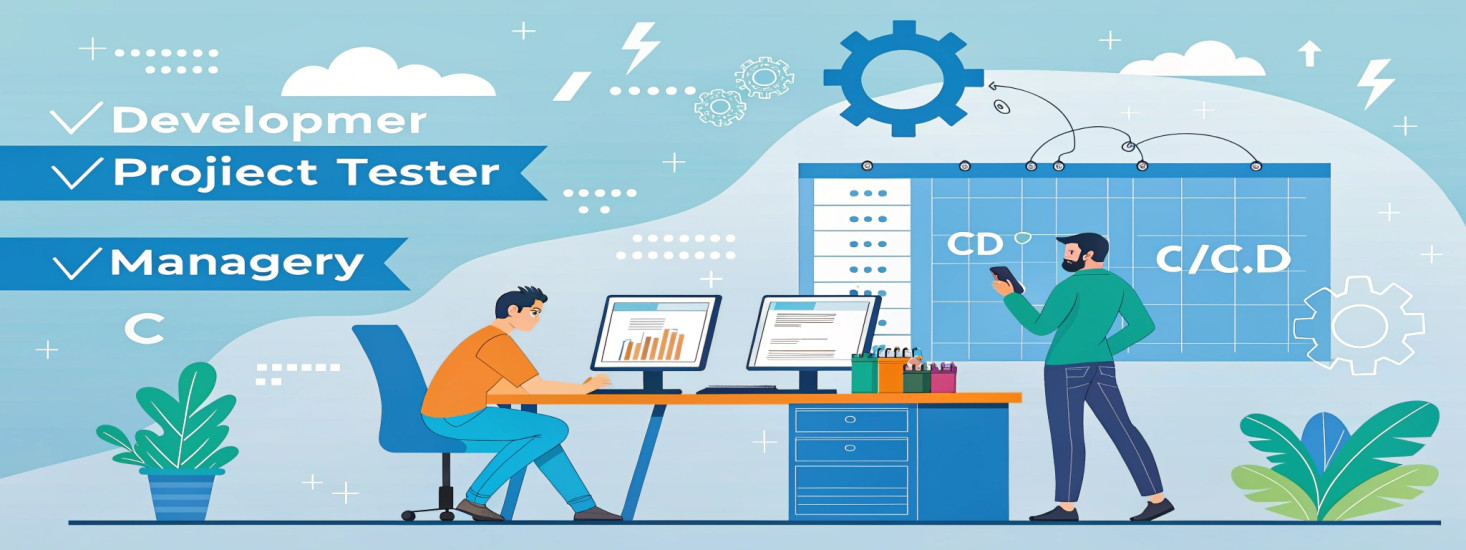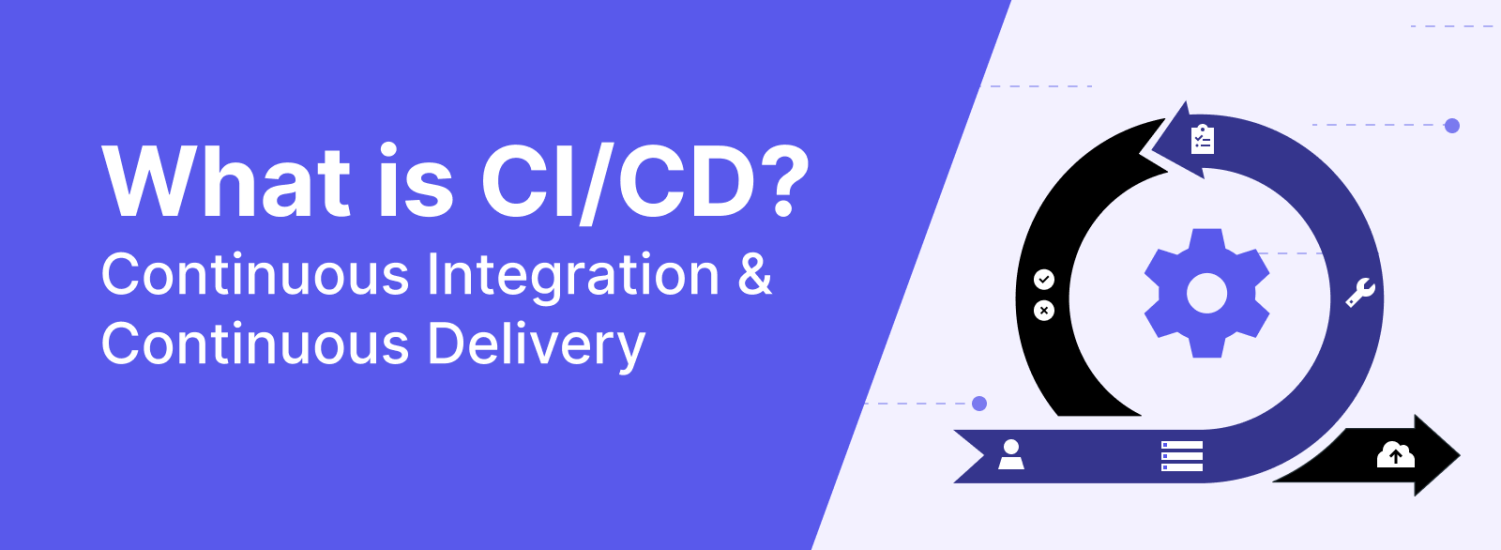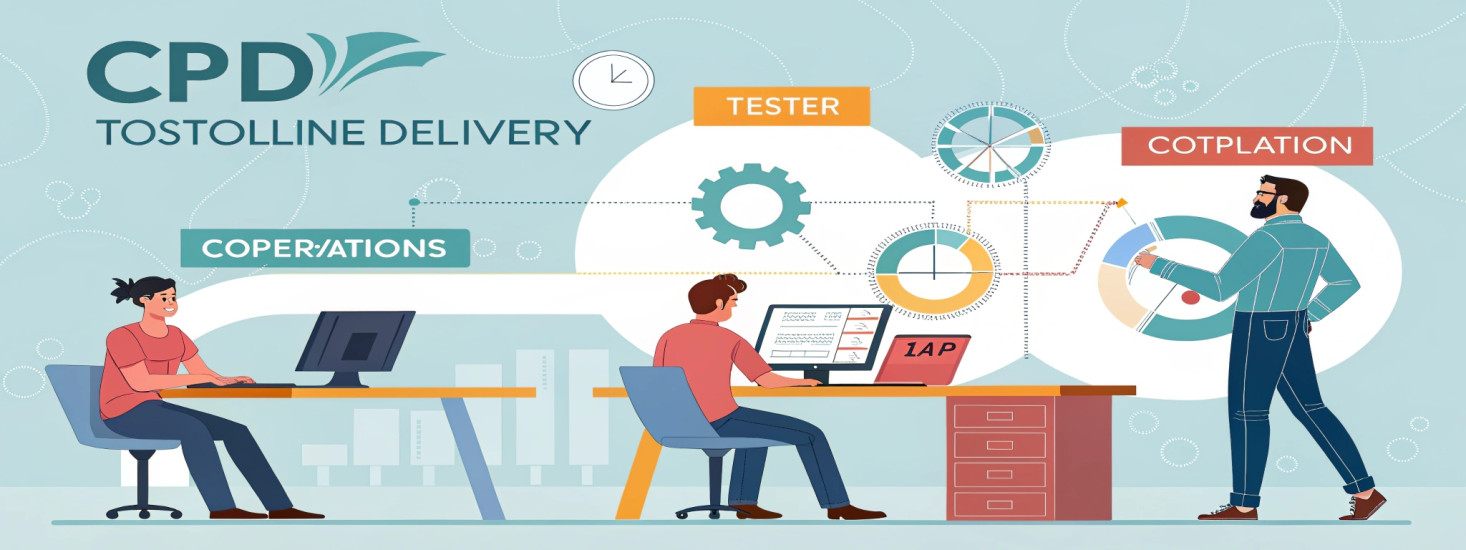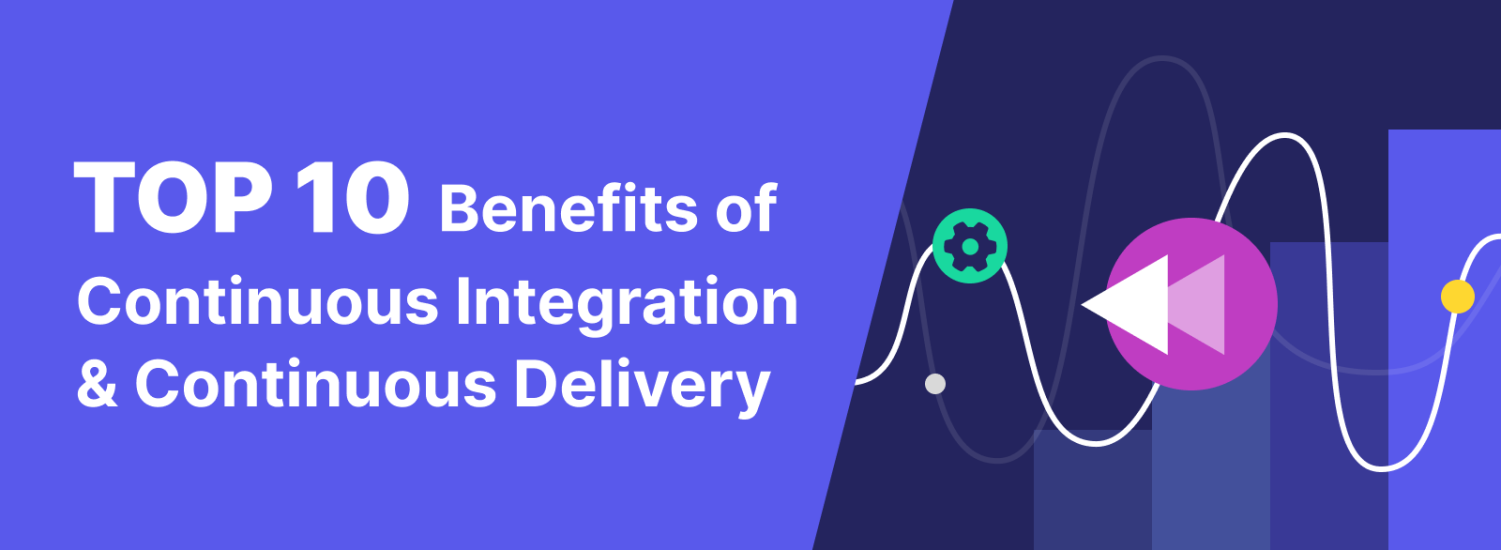Continuous Integration and Delivery: Code, Create, Captivate
We have engineered several leading and secure apps that have allowed businesses to accelerate their growth and fully thrive. With us, you get cutting-edge development.
Get a Free Consultation
We Offer,
Continuous Integration and Delivery

Terraform
Terraform is an open-source Infrastructure as Code (IaC) tool that allows users to define, provision, and manage infrastructure resources across multiple cloud providers using a declarative configuration language. It automates infrastructure management, ensures repeatability, and supports versioning for cloud environments.

Bamboo
Bamboo is a continuous integration and continuous delivery (CI/CD) tool developed by Atlassian, designed to automate the process of building, testing, and deploying applications. It integrates seamlessly with other Atlassian products like Jira and Bitbucket, allowing teams to manage their development pipelines and workflows, track issues, and ensure smooth collaboration throughout the software development lifecycle.

Circle CI
CircleCI is a cloud-based continuous integration and continuous delivery platform that automates the process of building, testing, and deploying applications. It uses YAML configuration files to define workflows, integrates with various version control systems like GitHub and Bitbucket, and supports multiple programming languages and environments to enable efficient and scalable DevOps pipelines.

Travis CI
Travis CI is a cloud-based continuous integration service that automates the building, testing, and deployment of software applications. It integrates with GitHub repositories and uses `.travis.yml` configuration files to define build pipelines, enabling seamless integration and delivery across multiple environments and programming languages.

GitLab CI/CD
GitLab CI/CD is a built-in continuous integration and continuous delivery feature within GitLab that automates the process of building, testing, and deploying code. It uses YAML configuration files to define pipelines, jobs, and stages, and integrates seamlessly with GitLab repositories to enable automated DevOps workflows.

Jenkins
Jenkins is an open-source automation server used for continuous integration and continuous delivery (CI/CD) to automate the building, testing, and deployment of software projects. It supports a wide range of plugins for integrating with various tools and services, enhancing its flexibility in DevOps workflows.

Powershell
PowerShell is a task automation framework and scripting language developed by Microsoft, primarily used for managing and automating administrative tasks in Windows environments. It combines the power of a command-line shell with scripting capabilities, enabling users to automate complex system management tasks and access system APIs.

Bash
Bash (Bourne Again Shell) is a command-line shell and scripting language commonly used in Unix-based systems for automating tasks and managing system processes. It is known for its simplicity, flexibility, and ability to execute commands, create scripts, and manage files and directories efficiently.

Python
Dedicated assistance whenever you need it, ensuring a smooth and hassle

Puppet
Puppet is an open-source configuration management tool that automates the provisioning and management of infrastructure across multiple systems using its declarative language. It helps ensure consistency and compliance by defining infrastructure as code and automating system configurations.

Salt Stack
SaltStack (Salt) is an open-source configuration management and orchestration tool that automates the management of infrastructure at scale. It uses a master-agent model, with Salt’s simple YAML-based configuration files and powerful remote execution capabilities for efficient system automation.

Cloudformation
AWS CloudFormation is a service that allows users to define and provision AWS infrastructure resources using templates written in JSON or YAML. It automates the creation, update, and deletion of resources, enabling users to manage infrastructure as code and maintain consistent environments across multiple AWS accounts and regions.

JSON
JSON (JavaScript Object Notation) is a lightweight, text-based format used for storing and exchanging data, easily readable by both humans and machines.
About This Service
Continuous Integration (CI) and Continuous Delivery (CD)
Continuous Integration (CI) and Continuous Delivery (CD) are core DevOps methodologies that automate and optimize the end-to-end software development lifecycle . CI focuses on regularly integrating code into a shared repository, enabling automated testing to identify bugs early. CD builds on this by automating the deployment process , ensuring that applications can be released to production swiftly and reliably. Together, these practices support faster development cycles , high-quality code , and consistent software delivery , helping teams achieve agile development and rapid innovation.Continuous Integration (CI)
Continuous Integration is a development practice where code changes are frequently merged into a shared repository. It focuses on automating builds and tests to quickly detect errors, improve code quality, and speed up development workflows.
Key Aspects of Continuous Integration:
-
Automated Builds:
- Every time code is pushed to the repository, an automated build runs to verify changes.
- It automatically compiles the code, executes unit tests, and identifies errors to ensure code stability.
- It ensures the code works and catches bugs early.
-
Automated Testing:
- Automated tests (unit tests, integration tests, etc.) are run with every code integration.
- This ensures that new code doesn’t break existing functionality and that the application works as intended.
-
Frequent Commits:
- Developers commit their code regularly, often multiple times a day, to keep their changes small and manageable.
- Frequent commits prevent integration issues that could arise from working in isolation for extended periods.
-
Build Status Dashboard:
- A dashboard shows the status of the latest build, highlighting any failed tests or build issues.
- This provides immediate feedback to developers and allows them to fix issues quickly.
Benefits of Continuous Integration:
- Early Detection of Errors: Integrating code changes frequently helps catch integration issues early in the process, reducing the cost of fixing bugs later.
- Increased Code Quality: Automated tests ensure that new changes don’t introduce defects, improving overall code quality.
- Faster Development: CI reduces manual testing and integrates changes quickly, speeding up the development process.
- Reduced Integration Problems: By continuously merging code changes, developers avoid the "integration hell" that can occur when working in isolation.
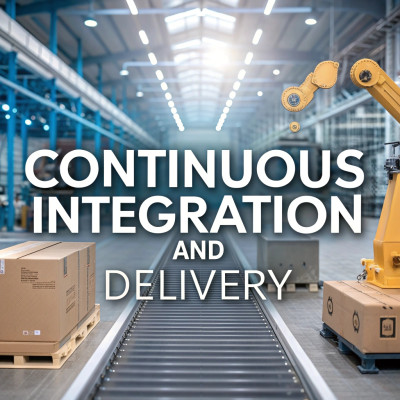
Our Process
Our experts create a full brief of your requirements and ideas. We translate these into technical documents and early-stage prototypes. We gather a team and build an initial design to lay the foundation for the entire project.

KICK-OFF STAGE
Leverage agile framework to provide a robust high level synopsys overviews

DEVELOPMENT STAGE
Bring to the table survival strategies to ensure proactive domination

SUPPORT STAGE
Grow the holistic world view of disruptive innovation workspace
Questions You May Have
DevOps is a set of practices that combines software development and IT operations to shorten the development lifecycle, increase deployment frequency, and deliver reliable software faster. It helps businesses achieve faster delivery, improved collaboration, and better system reliability.
Automation in DevOps increases efficiency, reduces manual errors, and accelerates deployment cycles, ensuring higher-quality software releases.
Yes, we provide consulting and hands-on implementation to help organizations adopt DevOps practices and tools effectively.
Yes, we integrate security practices into the DevOps lifecycle to ensure your applications are secure and compliant.
Reach & Get in Touch With Us!
We'd love to hear from you. Please fill out the form below.
Got a Project ?




Stay Updated with the Latest News and Insights
Subscribe to our newsletter for exclusive updates, expert insights on innovative solutions, the latest tech trends, industry news, and special offers from TecishSol.
